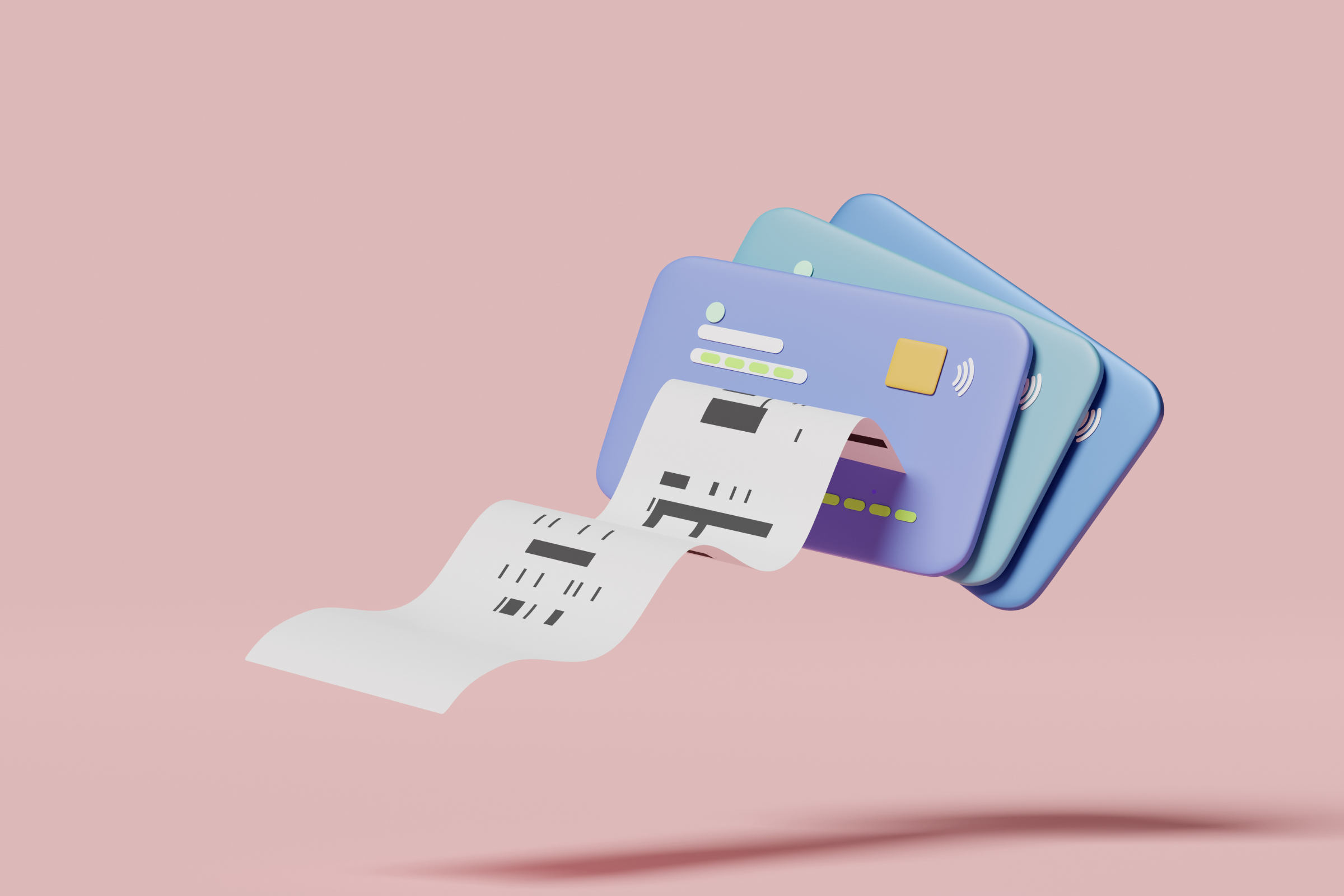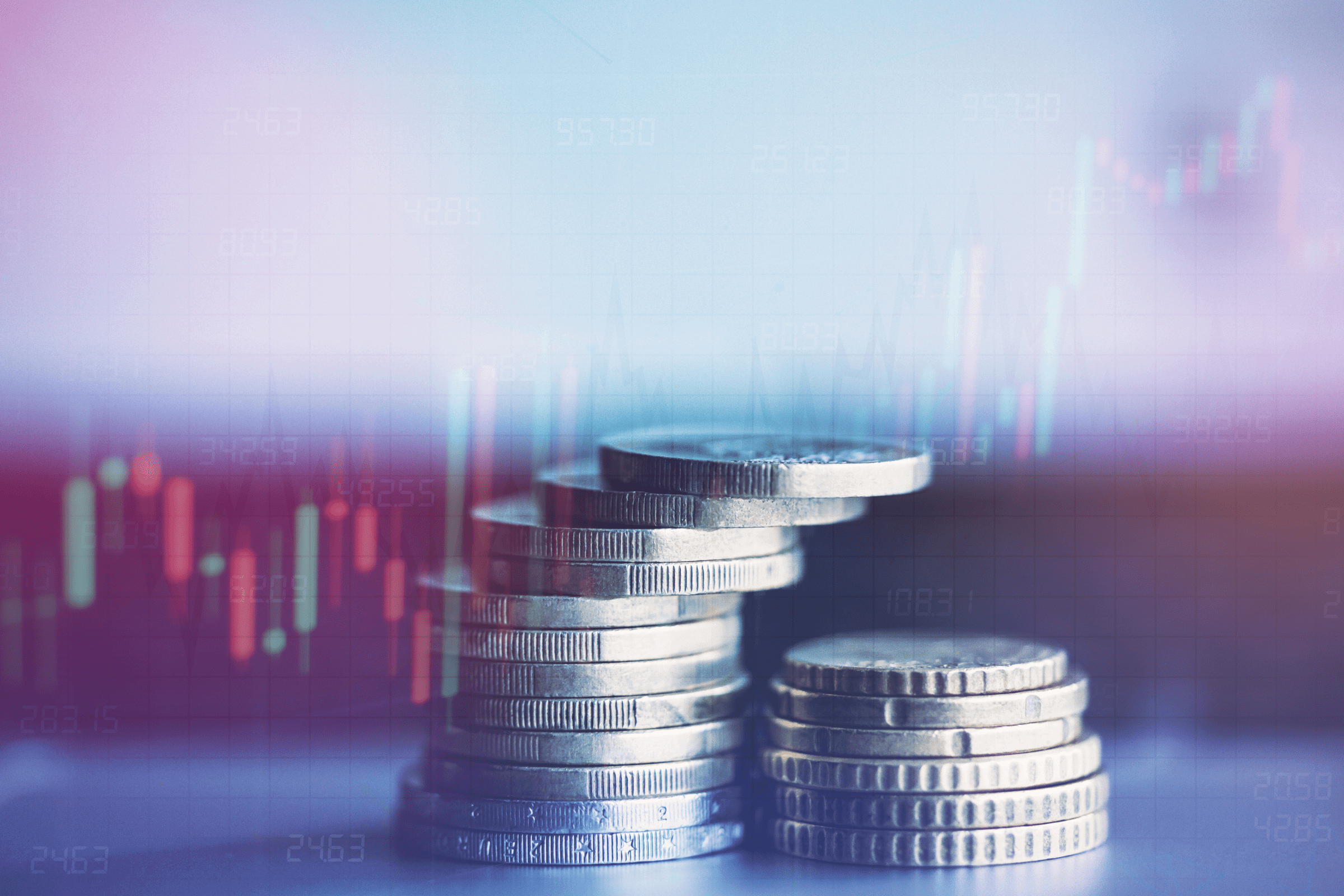Our Services
Purchase scams
Getting To Know
What are purchase scams?
Purchase scams are a growing form of online fraud. They typically involve victims knowingly transferring funds from their UK-based bank account to a fraudulent app or via bank transfer in the belief that they are making a legitimate purchase. Purchase scams can also go by the name of authorised push payment (APP) or bank transfer scams. This is because of the way in which the victim knowingly transfers, therefore authorises, the transaction as they believe they are making a legitimate purchase from a genuine person, whereas in actual fact this is not the case.
Many online shoppers are left financially disadvantaged due to purchase scam activities as they never actually receive the product. Purchase scam fraudsters exploit the anonymity of the internet to sell non-existent products at discounted prices, causing victims to pay for products they will never receive. They advertise their fictitious goods on websites, social media platforms, clone genuine websites, or use paid advertising to lure customers to fake websites.
Common purchase scams involve criminals posing as sellers of cars, technology products, fake holiday rentals, and concert tickets. They advertise these items at low prices, persuading victims to pay via bank transfer to secure the deal. When the victim transfers money, the seller disappears, and no goods or services arrive. Online platforms offer secure payment options, but criminals often offer the use of bank transfers.
Usually, a purchase scam has one of the below traits.
- The fraudster suggests or demands they are paid by bank transfer or to their crypto wallet.
- The item being bought is often discounted.
- The client responded to an out-of-the-blue email or text.
Prevention
How to identify purchase scams
What are the most common types of purchase scams?+
Criminals will and do advertise a wide variety of goods and services to scam people out of their hard earned money. As mentioned above, many of these will be high-value items which can be advertised all year round. However, one of the most common types of purchase scams uses the latest must-have trends or items and can include items which, for many different reasons, might be difficult to buy or source via typical means.
One example of this is during the pandemic in 2020. Fraudsters were quick to capitalise on the surge in demand for certain items, such as home gym equipment. These scammers will also use people’s vulnerability against them. Seasonal trends also influence purchase scams in terms of the items which scammers will advertise. For example, fraudulent sales of bikes and garden furniture in the summer and then electric and tech items in the run up to Christmas.
There will always be new tech items and games consoles being released and with this comes an increase in demand. This then gives scammers the opportunity to advertise these products at higher costs in line with demand and then trick unsuspecting victims into parting with their money for goods they’ll never receive.
Where do purchase scams happen?+
Purchase scams are largely a form of online fraud and as such, they happen across a number of platforms.
Facebook Marketplace
Facebook Marketplace has become increasingly popular over recent years for people looking to sell goods and items to others in their local communities and areas. Whilst it can be a good place to pick up a bargain, it’s also a place for scammers to advertise false goods. If you use Facebook Marketplace, then be aware of items or listings which appear to be too good to be true, or if sellers are asking for payment upfront.
Instagram is a platform that allows cyber criminals looking to commit purchase fraud to impersonate people, businesses or brands online. The scammers will duplicate or even attempt to hack a profile and then look to sell goods through the account. In some cases, they may even offer a competition or a raffle for users to enter by buying “tickets” for a big prize, which never actually comes to fruition. It’s also becoming a popular way for fraudsters to offer one-of-a-kind investment or loan opportunities which require willing investors to make a deposit upfront.
eBay and Gumtree
Some of the more original marketplaces, eBay and Gumtree are also platforms commonly used by purchase scammers in an attempt to trick people who are looking to buy certain goods or items. “Sellers” may end up not sending the item, adding fake pick up locations or asking for the purchase to be made outside of the platform’s trusted payment method. It’s not uncommon for purchase scammers to use this platform as, often, the items are collectables or high value.
Protecting yourself from purchase scams+
Purchase scams can happen to anyone looking to buy from an online platform. It’s worth familiarising yourself with signs of purchase scams so that, should you be looking to purchase goods online, you’re protecting yourself from falling victim.
- Always pay for goods using a debit or credit card, or using the suggested secure payment method which is recommended by the online retailer.
- If you are making a purchase through an online platform, such as Facebook Marketplace, then try to meet up with the seller when exchanging the item.
- Be aware of unsolicited emails from retailers and always check that the website you are using is secure and official.
- If a bargain seems too good to be true, then it usually is.
- Check online for warnings or reviews about the company. If you’re still unsure, then you can always search for the website and check that it is regulated.
- Read the terms and conditions before you buy, especially if you’ve not used the site before.
How to recognise a purchase scam on local marketplaces+
When you’re buying something through a local marketplace, there are a few things that you need to consider before making the purchase to avoid purchase scams:
- Does the deal seem too good to be true? For example, it may be a rental property advertised at a fantastic price and then you’ll be asked for an upfront deposit to secure it before it is taken. Perhaps it’s a piece of technology that seems extremely cheap, this would suggest it may be a purchase scam.
- Are you being asked for any upfront payment? If anyone on a local marketplace asks for an upfront payment of any kind, then this is a significant red flag and you should stop the conversation.
- Is the seller refusing to meet in person to show you the item? This is another sign that the product or service is not legitimate and it may be a purchase scam.
- What does the seller’s profile look like? If the profile has little to no images, or past successful marketplace listing, then it’s likely to be a fake profile.
What are some examples of purchase scams+
A purchase scam can be anything that involves a person being persuaded to buy a product, service or experience that doesn’t come to fruition.
A common example of a purchase scam is people selling pets online. They advertise in demand pets, most commonly dogs and cats, for very reasonable prices. They then request that you provide a deposit to secure the animal prior to the viewing, which never happens.
Another example of purchase fraud is concert tickets. When people are desperate to secure tickets to a concert that has sold out, you may see them on “re-selling” websites or on local marketplaces. Either a seller will have genuine tickets but sell them multiple times so you will receive a “legitimate” ticket, or they may take payment and then you’ll never receive a ticket. Buying concert tickets on anything other than trusted ticket websites or authorised and regulated reselling websites is a risk and could be a purchase scam.
Our Action
Can I get my money back from a purchase scam?
If you find that you have been the victim of a purchase scam, then you may think that there is no chance of recovering your money. Firstly, it’s important to remember that you are not alone, as there is a growing number of people finding that they have fallen victim to this type of scam.
If you have transferred money to fraudsters posing as genuine sellers on an online platform, then there will be ways in which we can trace the funds and there is a likelihood that we can recover your lost funds. Our team are highly experienced in recovering funds lost through online methods and we have recovered millions for our clients worldwide. If you have been the victim of a purchase scam, then get in touch with WRS today.

Further Information
Frequently asked questions
01.I think I’ve been a victim of a purchase scam, what do I do?+
The first thing you should do if you think you’re a victim of a purchase scam is to contact your bank. If the payment hasn’t yet gone through they may be able to stop it. This is usually only the case immediately following a payment, however, it’s absolutely worth calling. Even if there’s a bit of time between the payment and when you suspect it may be a scam, make sure to contact your bank. If the payment was made using a debit or credit card, there may be some protection in place, so make sure to ask whether this is the case in your scenario.
After this, if the item was being sold through a platform like Facebook Marketplace or Ebay, make sure to report the user to the platform. This can help to prevent the person from scamming anyone else.
Lastly, at WRS, we may be able to help you recover the money lost through purchase scams, so get in touch with us to arrange a consultation with one of our experts.
02.Can purchase scams happen through websites?+
Yes, it’s very common for purchase scams to happen through websites. Fake websites can be set up to advertise products at very discounted prices, much cheaper than competitor websites. Even though people may not be familiar with the website, it’s common for them to take the risk because of the savings. Websites can look very legitimate, and you may even see paid social adverts on platforms like Facebook, Instagram, Snapchat, Instagram and Pinterest, which adds to the trust element.
If you’re thinking about purchasing from a website you’re not familiar with, there are a few things you can do to identify whether it is legitimate to help you avoid purchase scams:
- Reviews – make sure to look at review platforms for the website. If you can’t find many reviews, or the reviews don’t look real, then avoid at all costs as this may be a purchase scam.
- Spelling errors – websites created in a rush will often feature spelling errors, or you may notice errors in the website URL.
- Payment methods – if the website does not provide secure payment options, or it’s requested you pay via bank transfer by getting in touch with them over email, it’s very likely this is a purchase scam.
- Contact details – if there is no address, phone number or email address available, only a contact form, this is a sign the website may not be legitimate.
- Secure website – when you’re browsing, look for a lock symbol next to the URL, as this means the website is encrypted. However, these can be forged by purchase scammers, so this alone does not suggest a website is legitimate.
03.Is my bank responsible if I’m a victim of a purchase scam?+
It is unlikely that your bank will be responsible if you’re a victim of a purchase scam. However, if you’ve made the purchase with your debit or credit card, there may be some protection in place.
The only eventuality where a bank will be fully responsible for any banking fraud is if there was a data breach as a result of insufficient data protection. Purchase scams involve a person being persuaded to make a purchase through a variety of different methods and then voluntarily sending the money, which is unrelated to the bank.
However, if you do think you’re a victim of a purchase scam, make sure to call your bank. If it’s soon enough after the payment, they may be able to prevent the payment from going through. Failing this, they will provide guidance on what to do next and will inform you if there is anything they can do to help. You may be able to claim the money back through your bank depending on the bank and what has happened, however, this isn’t always the case.

Our Support
Purchase scam help
We’ve seen an increase in the number of clients coming to us after finding they became the victim of a purchase scam. We understand that discovering that you’ve fallen victim to any scam, let alone a purchase scam, is a terrible moment, but our team of experienced solicitors are on hand to help recover your lost funds. We’ve recovered millions of pounds for our clients all over the world and we use the very latest in tracing technology to discover where your finances went.
Victim of a Scam?
Get in touch
We understand that being the victim of a purchase scam can be tough to handle, but we hope that our support, action and guidance can enable you to recover lost funds and regain a sense of confidence and security in making trades and investments online.














